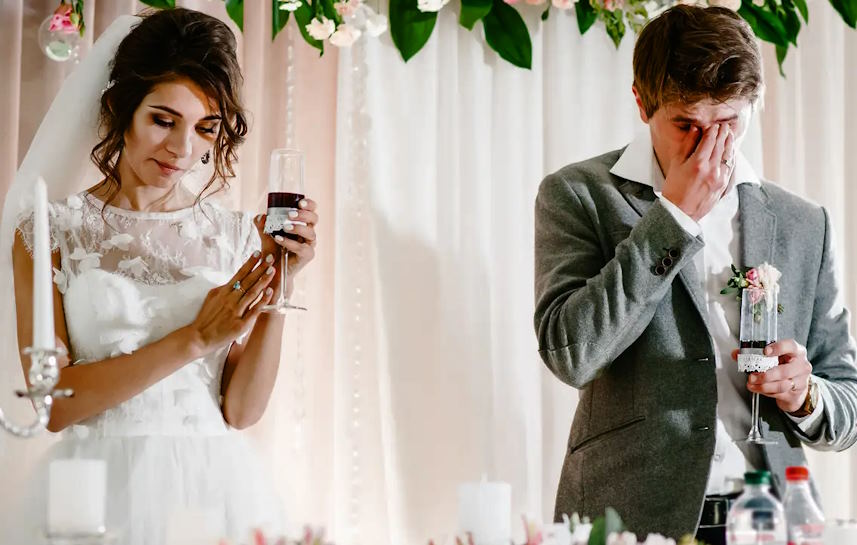Planning a wedding is an exciting milestone for any couple, but it can also be a journey filled with unexpected challenges and disagreements. From choosing the perfect venue to selecting the ideal color scheme, every decision carries the weight of personal preferences, family expectations, and financial considerations. It’s not uncommon for couples to find themselves at odds with each other as they navigate the intricate details of their big day. However, it’s essential to remember that disagreements are a normal part of the process and can even strengthen the bond between partners.
Establishing Open Communication Channels
Communication lies at the heart of any successful relationship, and wedding planning is no exception. Creating a safe space for open and honest dialogue is essential for addressing concerns, expressing preferences, and finding common ground. Setting aside regular check-ins to discuss wedding plans can help prevent misunderstandings and ensure that both partners feel heard and valued. Practicing active listening, empathy, and vulnerability are key components of effective communication that can foster a deeper understanding and connection between partners.

Compromise and Finding Common Ground
In any relationship, compromise is the cornerstone of harmony. When faced with differing opinions on wedding-related decisions, it’s essential to identify non-negotiables versus flexible aspects of the wedding. Brainstorming alternative solutions and prioritizing elements that matter most to each partner can help find common ground and create a wedding day that reflects the shared values and vision of the couple. Being willing to meet halfway and make concessions demonstrates a commitment to collaboration and partnership.
Seeking External Support
Navigating wedding planning disagreements can sometimes feel overwhelming, especially when emotions run high. Seeking external support from professionals, such as wedding planners or mediators, can provide valuable guidance and perspective. Additionally, consulting trusted friends or family members who have gone through similar experiences can offer insights and reassurance. Pre-marital counseling sessions can also provide couples with tools and strategies for effective communication and conflict resolution, setting a solid foundation for their future together.

Managing Stress and Emotions
Wedding planning can be a whirlwind of emotions, from excitement and anticipation to frustration and anxiety. Recognizing the signs of stress and burnout is crucial for maintaining mental and emotional well-being throughout the process. Practicing self-care and stress-relief techniques, such as meditation, exercise, or spending quality time together, can help alleviate tension and restore balance. Taking breaks from wedding planning discussions when emotions run high can prevent arguments from escalating and provide an opportunity for perspective and reflection.
Resolving Conflict Constructively
Conflict is inevitable in any relationship, but it’s how we handle it that determines its impact on our partnership. Avoiding blame and criticism, using “I” statements to express feelings, and practicing active listening are essential skills for resolving disagreements constructively. Apologizing when necessary and offering forgiveness demonstrates humility and a commitment to moving forward together. Every disagreement presents an opportunity for growth and understanding, strengthening the bond between partners and laying the groundwork for a lifetime of love and partnership.


 Maria Cropper, a seasoned wedding expert, brings boundless creativity and passion to her blog. With a keen eye for detail and a love for romance, she curates inspiring content that guides couples on their journey to a dream wedding.
Maria Cropper, a seasoned wedding expert, brings boundless creativity and passion to her blog. With a keen eye for detail and a love for romance, she curates inspiring content that guides couples on their journey to a dream wedding.